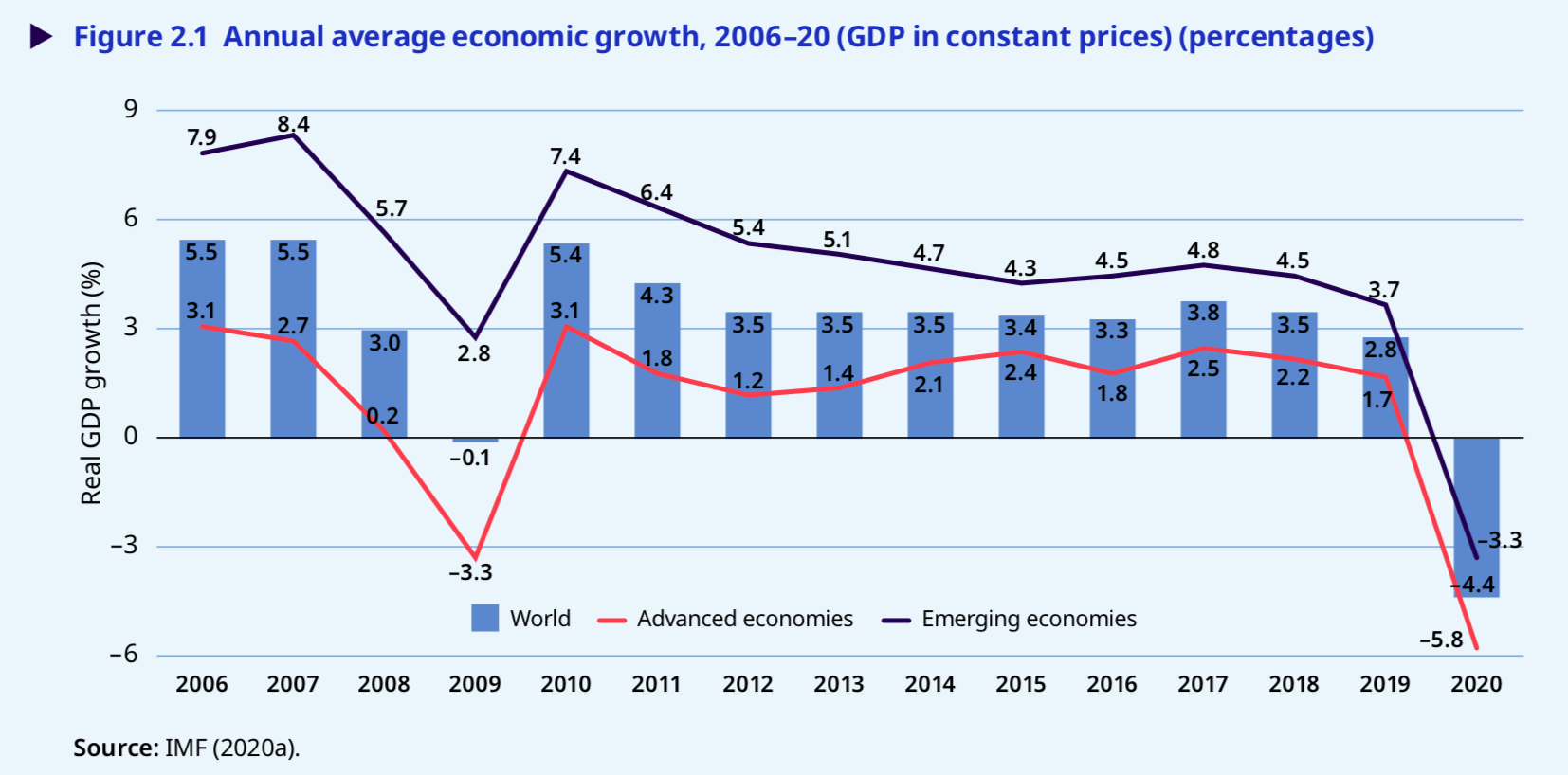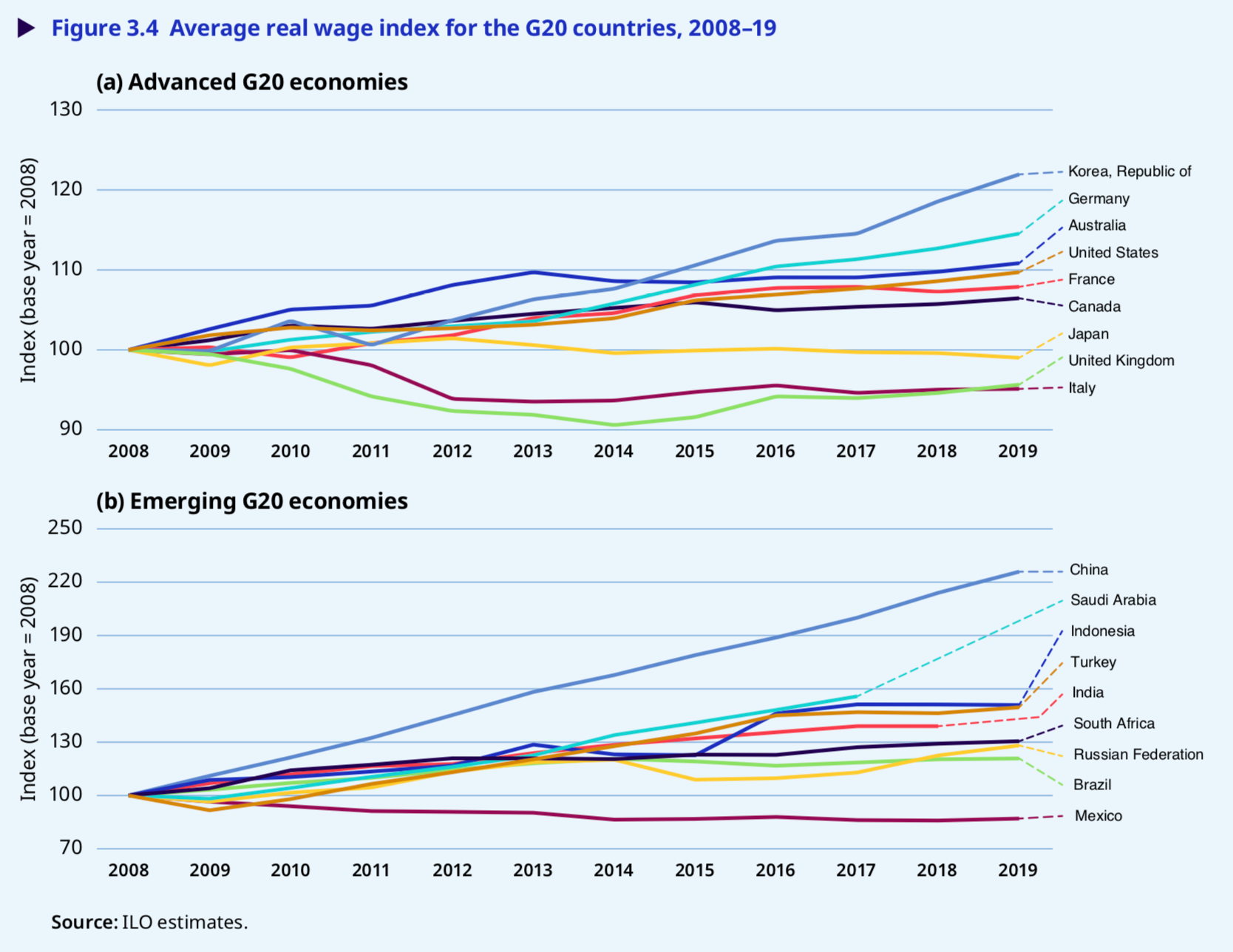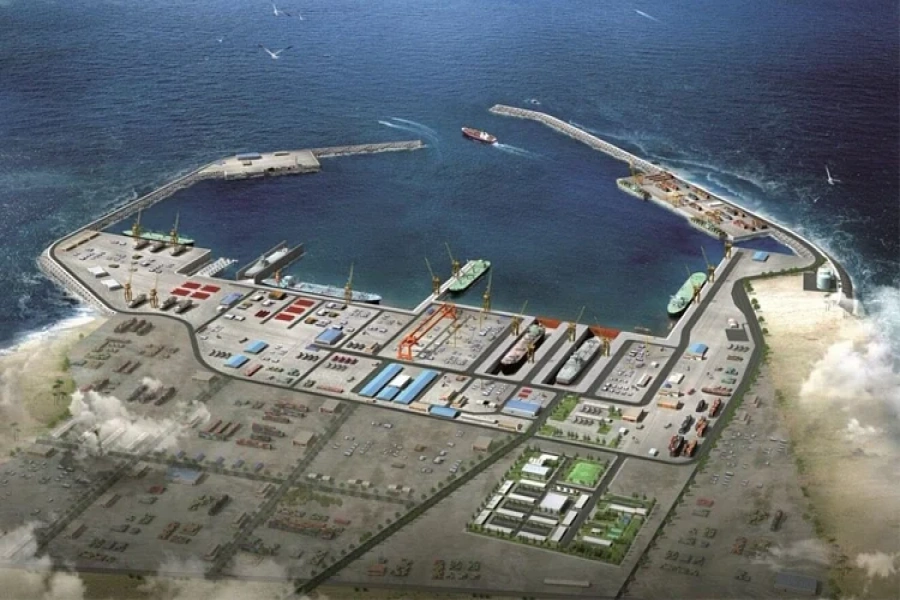KATHMANDU, Dec 7: Wages of women and low-paid workers have been disproportionately affected by the crisis, which has created a risk of severely increasing the income inequality, said the International Labour Organization (ILO).
According to ILO’s Global Wage Report 2020/21, the impact on women has been worse than on men. Estimates based on a sample study of 136 countries in the past four years before the pandemic and 28 European countries following the pandemic found that without wage subsidies women lost 8.1 percent of their wages in the second quarter of 2020, compared to 5.4 per cent for men.
The crisis has also severely impacted lowly-paid workers. Those in lower-skilled occupations lost more working hours than higher-paying managerial and professional jobs.
ILO urged to launch result-oriented projects in Nepal


“The growth in inequality created by the COVID-19 crisis threatens a legacy of poverty and social and economic instability that would be devastating,” ILO’s director-general Guy Ryder said.
The international organisation has stressed on the need for enforcing human-centered recovery strategy. It has stressed on the need for adequate wage policies that take into account the sustainability of jobs and enterprises, and also address inequalities and the need to sustain demand.

The report states that, globally, 266 million people – 15 percent of all wage earners worldwide – were earning less than the hourly minimum wage, either because of non-compliance or because they were legally excluded from such schemes. Most of all, women have been earning just the minimum wage or less.
The report has also sought the need for enforcing adequate minimum wages to protect workers against low pay and reduce inequality. Besides, better compliance, and extending the package coverage to more workers have also been considered to minimize inequality. “In developing and emerging countries, better compliance will require moving people away from informal work and into the formal sector,” reads the report.
The report also stated that global real wage growth fluctuated between 1.6 and 2.2 percent in the past four years. Real wages increased most rapidly in Asia and the Pacific and Eastern Europe and much more slowly in North America and northern, southern and western Europe, according to the ILO report.







































